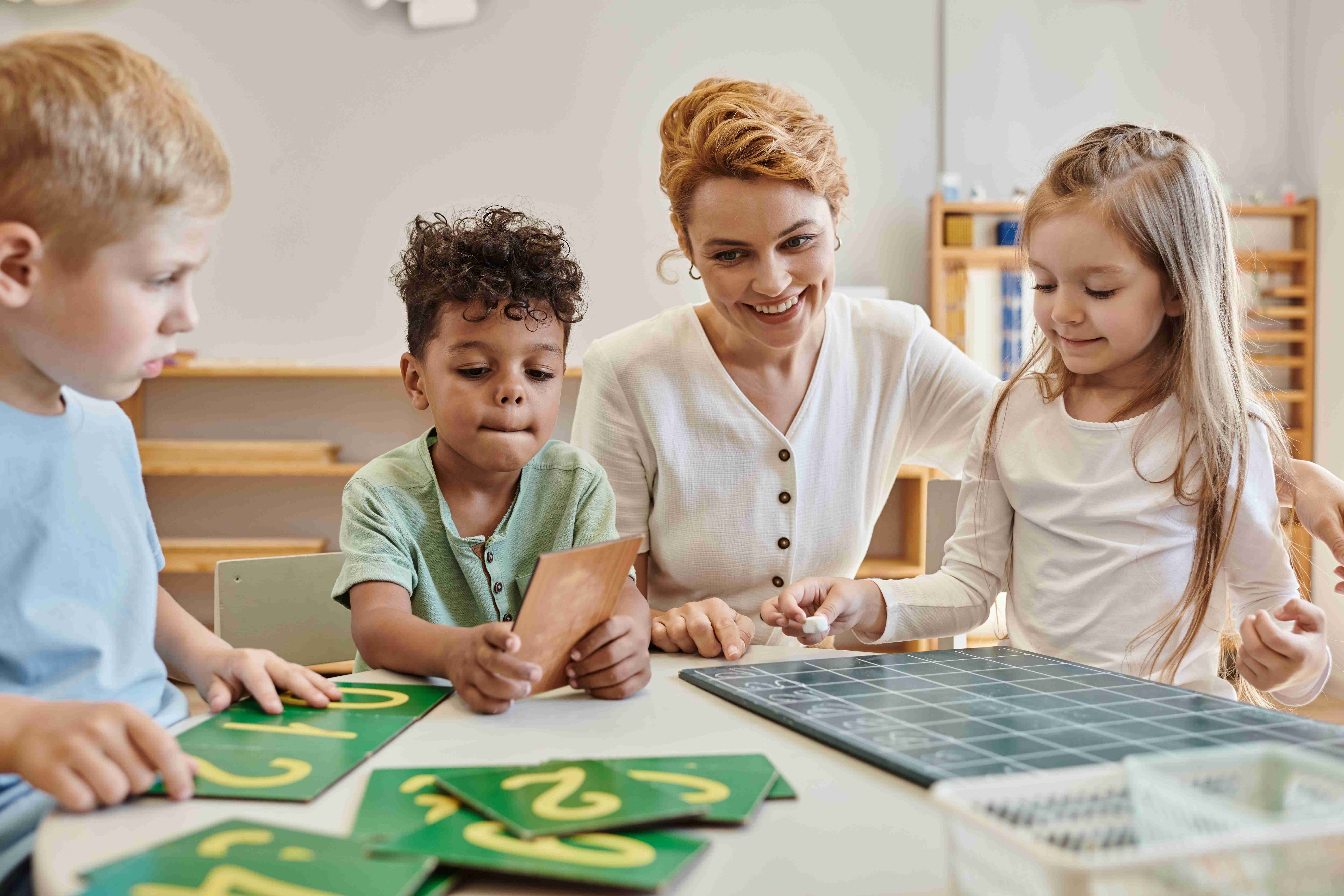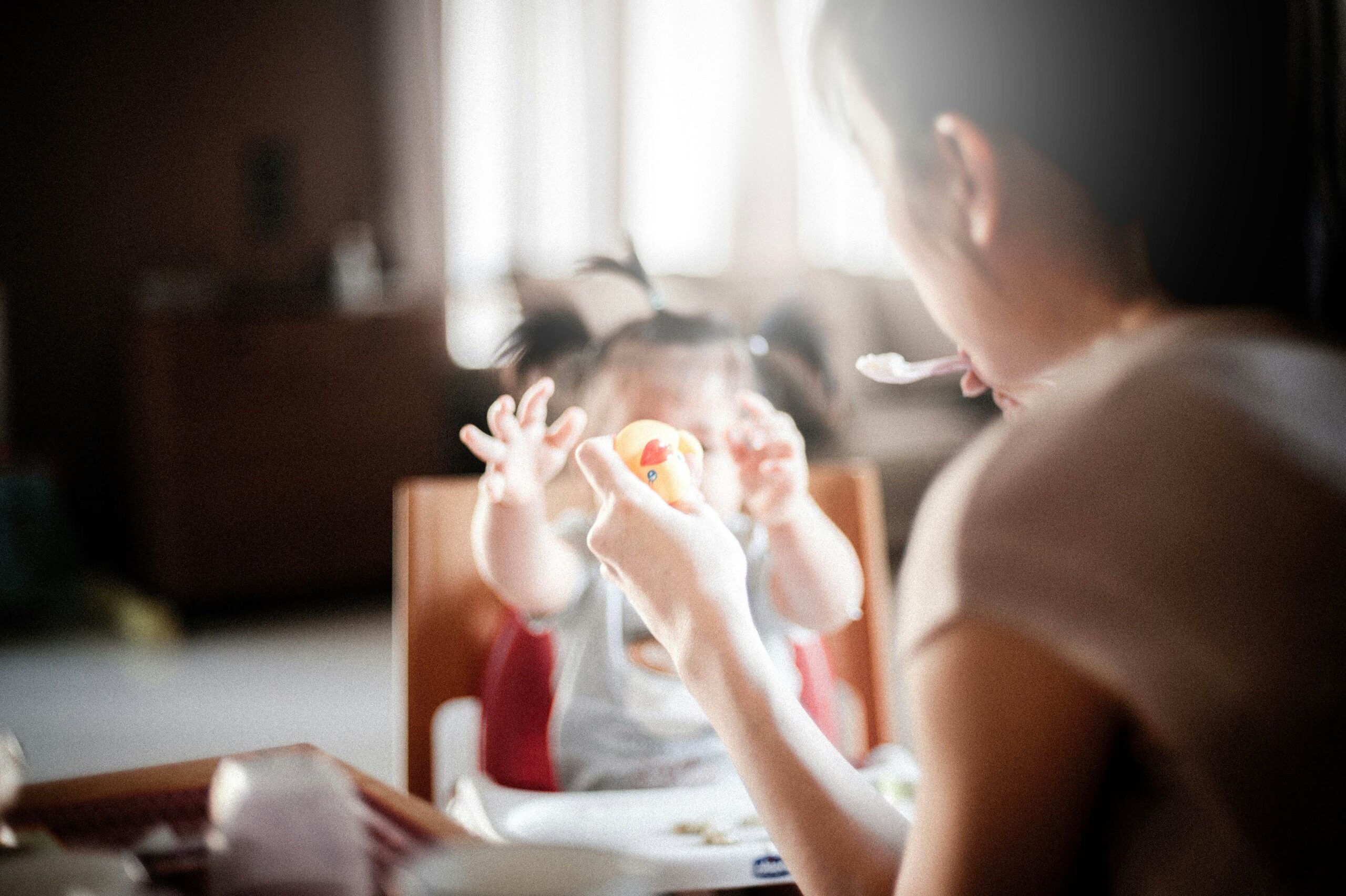Anxiety is an affliction we often associate with adults. To many adults, stress comes from work, relationships, and money – things children don’t have to worry about. How many times have you heard an adult exclaim, “I wish I could just be a kid again” as though youth is the cure for all things stressful.
Such exclamations often devalue the stress and anxiety children feel and often cause parents or guardians to discount these claims. However, it’s important to remember that children experience the same emotions adults do. Instead of worrying about paying the bills, children worry about going to school, finishing their homework and being accepted by their peers.

Helping Your Child Cope
By recognizing that children experience stress, adults are better equipped to help them cope. Adults are an important part of teaching their children about finding a way to communicate when feeling stressed. They can also learn to anticipate a child’s stress and help by talking to them or even providing them with extra snuggles. Children learn how to interact with the world from adults around them. Even before they understand language, they can gather impressions about emotions being expressed by the people the spend most of their time with. Parents play an essential role in helping their child manage anxiety. When coping skills and brave behavior is rewarded and practiced in the home, children can learn to face their fears, take reasonable risks, and ultimately gain confidence.
Emotional Intelligence
Although children may not know the word for “humiliated,” “frustrated,” or “furious,” they are able to experience these emotions and need to be taught how to communicate about their emotions. Little ones can’t differentiate between their emotions and their “selves.” Accept your child’s emotions, rather than denying or minimizing them, which gives children the message that some feelings are shameful or unacceptable.
Ensure You Are Expressing Yourself
Children learn by mimicking adult actions and in effect, emotions. Children place value on themselves in direct relation to how adults place value on them. While achievements should be recognized, they are not the only place to show value. A child should be taught that they are unconditionally loved and valued, rather than tying their value with their achievements. For example, saying “I love you” to a child is genuinely different from saying “I love how well you did on that math test.”
Children Face Different Frustrations
Learning a new skill can be frustrating. Imagine attempting to stand up for the first time or trying to remember the alphabet for the very first time. Children learning to stand try to pick themselves up sixty-five times and each time results in falling back down. The frustration can be very real and result in tears, anger, and tantrums that parents may not always understand. This can definitely bring out frustration in parents but it’s important to attempt to empathize with your child. Learning new skills requires patience from adults, especially as often children are not only learning this new skill, but they are learning about emotions such as patience. As soon as a child learns a new skill, they quickly become more content and easygoing. That is, until the next skill!
To give your child your best advantage, learn more about Childventure, here.


